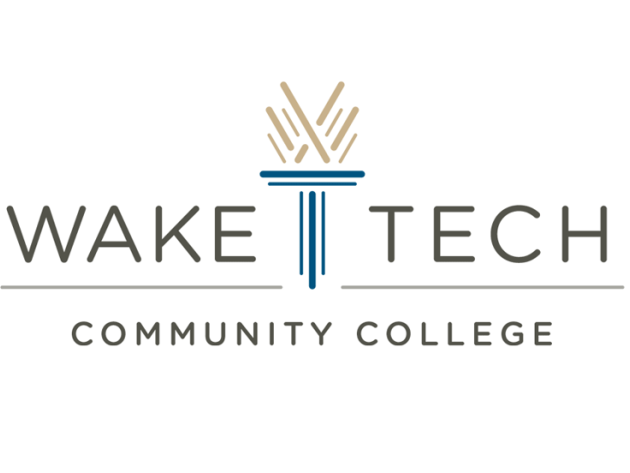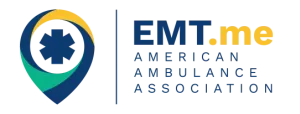Wake Tech

This course introduces basic emergency medical care. Topics include preparatory, airway, patient assessment, medical emergencies, trauma, infants and children, and operations. Upon completion, students should be able to demonstrate the knowledge and skills necessary to achieve North Carolina State or National Registry EMT certification.
Course Objectives
Apply fundamental knowledge of the EMS system, safety/well-being of the EMT, medico-legal and ethical issues in the provision of emergency care.
Discuss the impact of research on EMT care, data collections, and evidence-based decision making.
Apply fundamental knowledge of the anatomy and function of all human systems to the practice of EMS.
Use foundational anatomical and medical terms and abbreviations in written and oral communication with colleagues and other health care professionals.
Apply fundamental knowledge of the pathophysiology of respiration and perfusion to patient assessment and management.
Apply fundamental knowledge of life span development to patient assessment and management.
Have an awareness of local public health resources and the role EMS personnel play in public health emergencies and education.
Apply fundamental knowledge of the medications that the EMT may assist/administer to a patient during an emergency.
Apply fundamental depth and foundational breadth of general anatomy and physiology to patient assessment and management in order to assure a patent airway, adequate mechanical ventilation, and respiration for patients of all ages.
Apply scene information and patient assessment findings (scene size up, primary and secondary assessment, patient history, and reassessment) to guide emergency management.
Apply fundamental knowledge to provide basic emergency care and transportation based on assessment findings for an acutely ill patient.
Apply fundamental knowledge of the causes, pathophysiology, and management of shock, respiratory failure or arrest, cardiac failure or arrest, and post-resuscitation management.
Apply fundamental knowledge to provide basic emergency care and transportation based on assessment findings for an acutely injured patient.
Apply a fundamental knowledge of growth, development, and aging and assessment findings to provide basic emergency care and transportation for a patient with special needs.
Apply knowledge of operational roles and responsibilities to ensure patient, public, and personnel safety.
Outline of Instruction
National EMS and EMT education standards can be found at the following link: https://www.ems.gov/pdf/EMT_Instructional_Guidelines.pdf
EMT courses are composed of modules that include (1) preparatory; (2) airway and assessment; (3) pharmacology and medical emergencies; (4) trauma; (5) operations; hazardous materials, and traffic incident management systems (TIMS); (6) special populations, including pediatrics, geriatrics, obstetrics, neonatology, sensory deficits; (7) final written and practical exams; and (8) clinical.
Contact Hours
240
CEU’s
24
Certification
North Carolina or National Registry Emergency Medical Technician
Website URL
http://www.ncems.org and http://www.nremt.org and http://www.ems.gov/education
Certification Learning Outcomes/Requirements
To prepare competent entry-level Emergency Medical Technicians (EMTs) in the cognitive (knowledge), psychomotor (skills), and affective (behavior) learning domains.
CE to CU Articulation
Yes, EMS-110 with NC EMT credential
